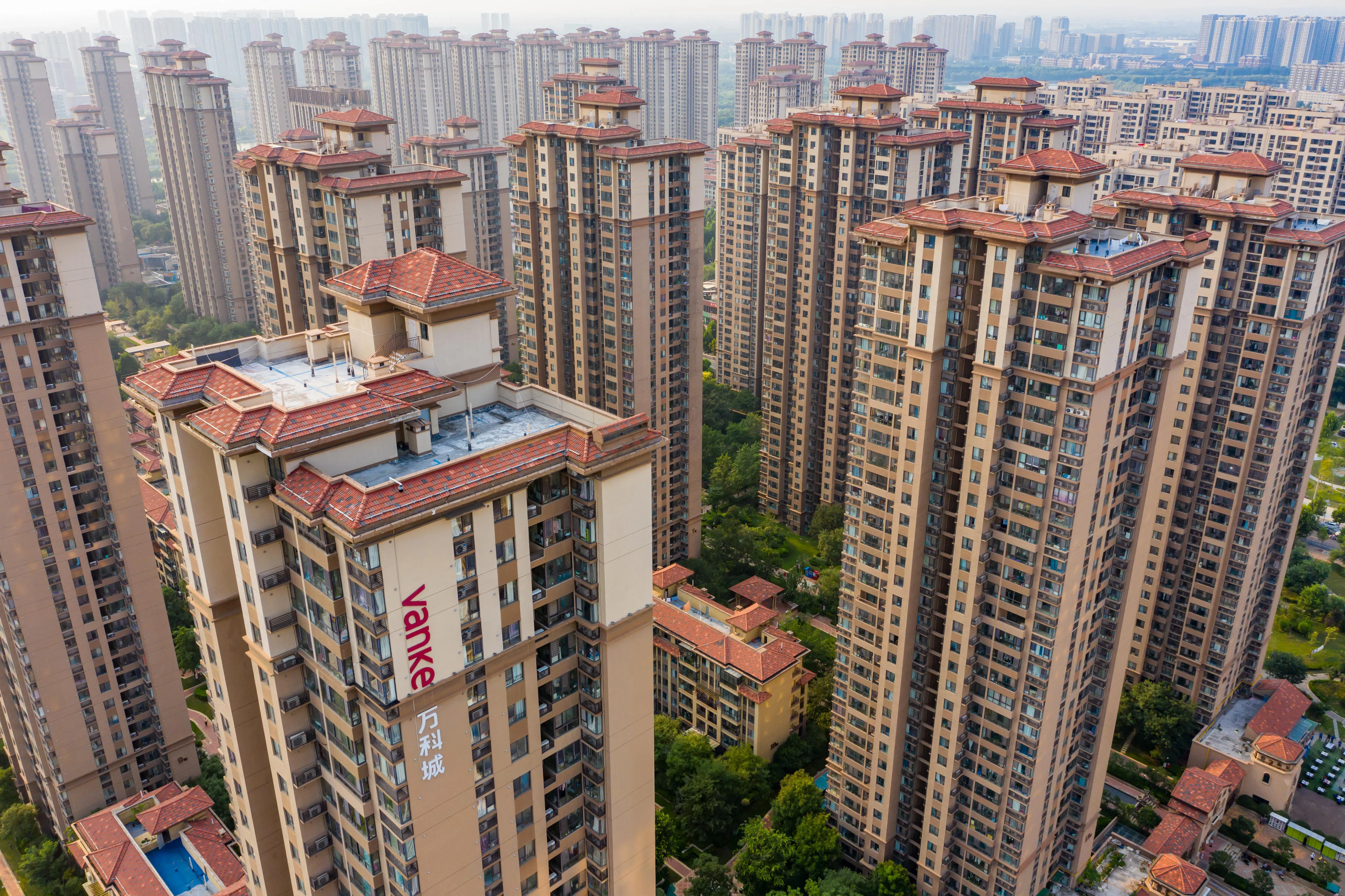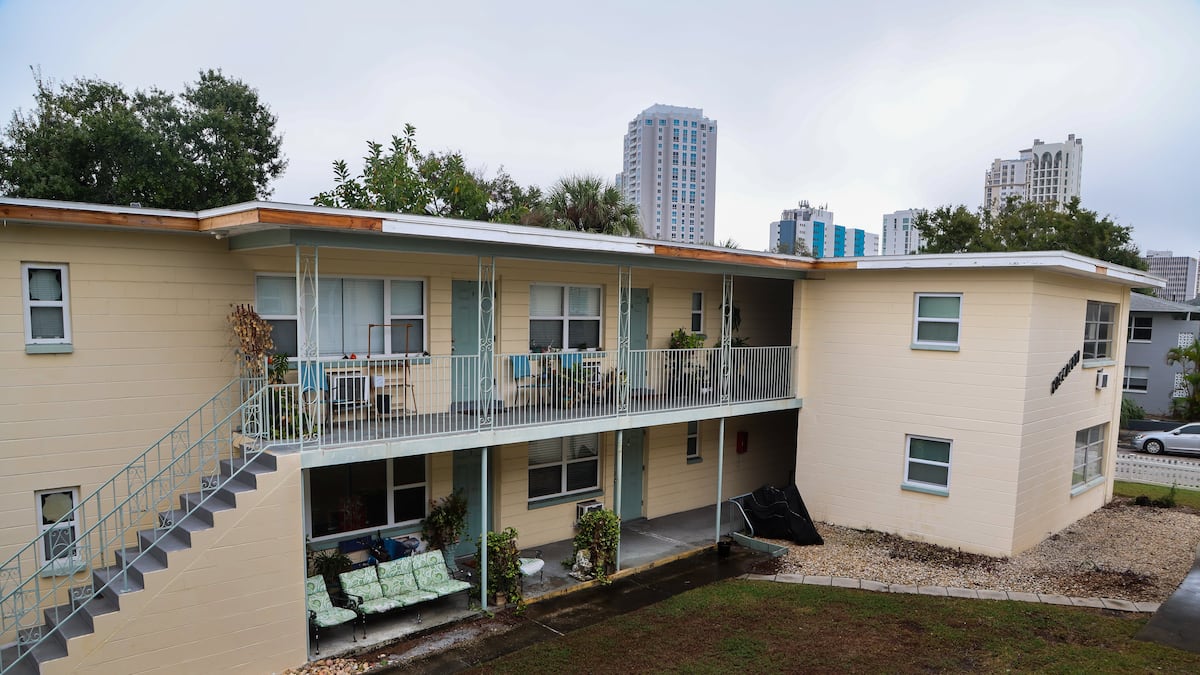C
hina's property slump persists despite policymakers' efforts to stabilize the real estate sector. New home prices in April remained flat for a second consecutive month, according to official data released on May 19. Investment in real estate development fell by 10.3% in the first four months of the year compared to the same period in 2024.
Sales prices for new residential properties have declined in all but two cities - Shanghai and Taiyuan - since last year, as per the National Bureau of Statistics. Policymakers have been trying to revive the sector, which was once a key driver of the economy, but prices have shown no growth since May 2023.
The real estate slowdown is having a significant impact on local government finances, with Goldman Sachs estimating a shortfall of around $4.1 trillion due to land sales being their primary source of revenue. Economists such as Kenneth Rogoff have been warning about cracks in China's real estate foundation for years, and stimulus efforts have revived the sector in the past.
However, this time multiple headwinds are converging, eroding investor confidence. A Reuters survey forecasts home prices to fall by nearly 5% in 2025, while average home prices are already down 30% from their pandemic peak. The real estate sector profoundly impacts Chinese families, with property being the dominant asset class, accounting for 65% of household wealth.
The strain on China's Tier-1 cities is evident, with high vacancy rates and weak demand. Shanghai's Q1 2025 rental vacancy rate reached 20.6%, up from 19% a year earlier, while Shenzhen's Q1 2025 vacancy rate was 29.8%. The Chinese regime has introduced policies to revive the market, including "trade-in" programs and lower downpayment requirements.
However, experts are skeptical about the effectiveness of these measures. Savills predicts that results will vary by region, with some cities weathering the storm while others struggle with weak demand and rising vacancies. Oxford Economics forecasts a slow recovery in confidence this year due to state intervention, but indicators suggest deeper issues such as affordability, job migration, and economic contraction.
Not all indicators are bleak, however. Office real estate is in better shape, with new supply of office space dropping 40% in the first quarter of 2025 compared to the previous quarter. Warehousing real estate is also doing well, driven by e-commerce and exports. China faces numerous geopolitical headwinds, but its housing market will likely never be the same due to long-term demographic and structural realities.
The total value of outstanding housing loans to households was RMB 37.7 trillion at the end of 2024, representing 27.9% of GDP - down from 33.3% in 2020. Some see recent stimulus as stabilizing the real estate market, but others are more bearish, citing high youth unemployment and foreign investors growing wary. The question is no longer whether the market will recover, but what happens to China's broader economy if its vast real estate ecosystem remains stalled.












